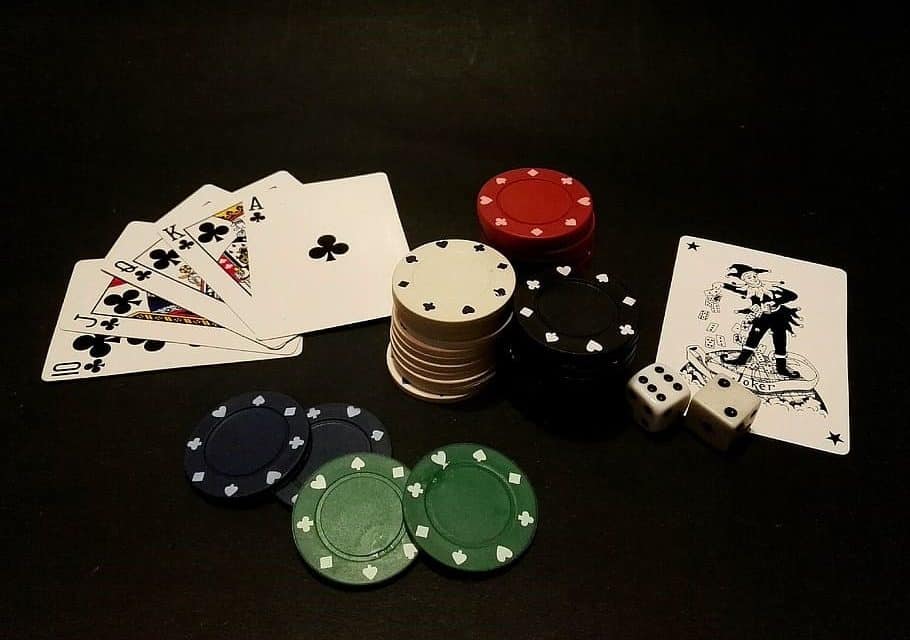Want to be a better poker player? Maybe you’d like to outsmart your friends, have a bit more fun at your favorite online crypto casino, or try to make more money with bitcoins. If so, check out these great suggestions below, which may be able to assist you in your goal of becoming a stronger poker player.
Don’t feel like you have to play every single hand
One of the most common misconceptions amongst novice bitcoin online poker players is the tendency to play every single hand. Or at least, as many hands as possible. It might seem like you have to ‘be in it to win it, but top poker players have patience and know when to fold. Playing more can lead to losing more, so look at what starting hands you should be holding, which ones you should be folding.
Don’t bluff for the heck of it
Bluffing is one of poker’s cornerstones, but many beginner players don’t know how to do it effectively. To make up for the shortfall in knowledge, it is easy to bluff too often or do so in the wrong situations. Bluffs work best against certain players and in certain conditions. If you’re not sure who or when, then it is better to not bluff than to do it just for the sake of it – because you’ve seen it done on TV.
Don’t play poker when you are highly emotional
This goes for positive emotions as much as negative ones. Of course, we all have feelings, and that is fine, but you don’t want them to take over your thought processes. Playing when you’re mad, upset, or in a bad mood can easily lead to bad decisions, bad bets and is not conducive to playing your best. If you feel overly emotional, say you’ve lost big on a hand you thought was a shoo-in, it can help to leave the table to take a break.
Observe other players
Poker is psychological as much as anything, so keep an eye on your fellow players. This applies even if you have folded and are no longer in the round. Doing so can help you recognize when a player raises, when they fold, or when they bluff. If you spot patterns, this can help your decision-making process, for example, when to call, fold, or bluff.
Keep an eye on the table cards
While you’re observing other players, don’t forget to keep an eye on the cards on the table. Once you’ve memorized your own cards, analyze what hand would best match the flop, for example. Think what would make the best straight or flush possibilities, and so on. Keep on top of hand rankings, especially if you are trying a new form of poker such as high-low split or other unusual variants.
Pick the right poker game for you
Following on from the previous point, don’t pick a game that you aren’t 100% comfortable with. It can be easy to think you’ve mastered one form of poker, say Hold ’em and want a new challenge. This is fine, but make sure you have fully absorbed the rules and have had plenty of practice at the new game before live betting. You might think you have the winning hand, but new elements such as wilds may turn it into a losing one.
Stick to your limits
If someone has had a great run betting relatively low stakes, it can be tempting to up the ante. It makes a certain sense because if you’re running hot, why not make some extra cash? However, higher stakes tables often attract better-skilled players. One good night doesn’t necessarily translate to better results at a higher stakes table either, and no one wants to be the fish at a table of sharks. Just remember that betting bigger may lead to quicker wins, but it can also lead to quicker losses. Always remember HOLD and HODL. Use cold logic before anteing up rather than acting on a whim.
Wrap up
There are many ways new and experienced poker players can play smarter, but here are seven suggestions to get you on your way. For most, the key rule is to treat poker as a form of entertainment rather than a get rich quick scheme. As such, relax yet remain vigilant, stick to your budget while looking at ways to improve and have fun with it.













